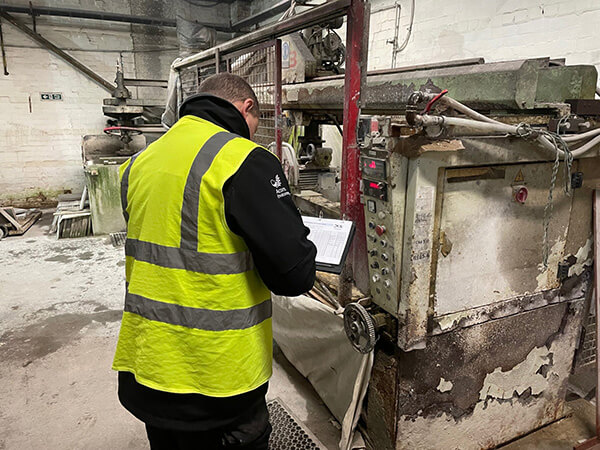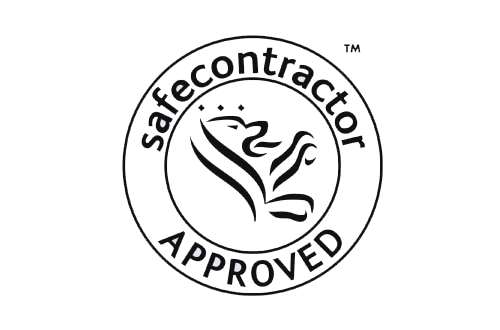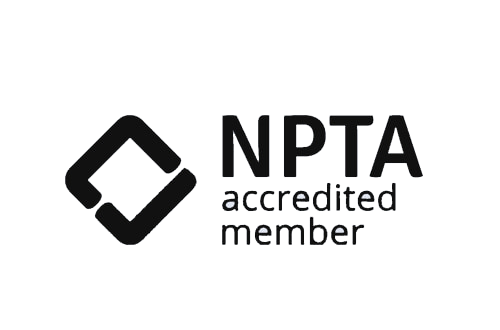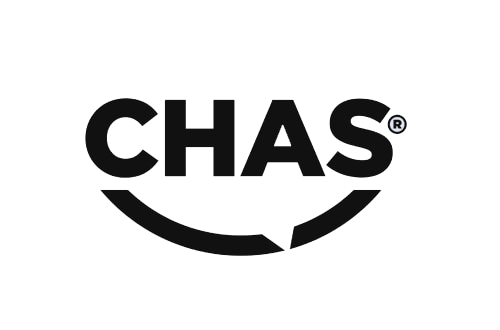Need a water sample test? Call Acorn Environment Services Ltd
Get started
Get a free quote from the water hygeine team"*" indicates required fields






Water scarcity is a growing problem around the world. In some parts of the world, people are already experiencing water shortages. As the population grows and climate change continues to impact the availability of water, water scarcity is only going to become more of a problem.
Here at Acorn, we have over 25 years of expertise in the water hygiene industry, so we understand the importance of people having access to clean water sources.
One way to address water scarcity is to recycle wastewater. Water recycling is the process of treating wastewater and reusing it for beneficial purposes. This can help to conserve freshwater resources and protect the environment.
In this blog, we will discuss how water recycling works and why it is important, answering the following questions:
- What is the process of water recycling?
- What are the stages of wastewater treatment?
- What are the types of water recycling?
- What is recycled water used for?
- Why is water recycling important
- Who can or needs to recycle their wastewater?
- Why recycle grey water and industrial wastewater?
But before we get into all that:
What is water recycling?
Water recycling, also known as water reclamation or water reuse, refers to the process of treating wastewater to remove impurities and contaminants so that it can be reused for various purposes. It involves transforming wastewater, such as sewage or industrial wastewater, into high-quality water suitable for specific uses.
What is the process of water recycling?
Water recycling typically involves several stages of treatment to make sure contaminants have been completely removed.
The process begins with the collection and transportation of wastewater to a treatment facility. Once at the facility, the water undergoes preliminary, primary, secondary, and tertiary treatments.
Advanced treatment techniques such as filtration, disinfection, and membrane processes are also used to get the water as pure as possible.
Why is water recycling important?
Water recycling is a game-changer, and here’s why it’s so crucial:
- Beating Water Scarcity: By reusing water, we can ease the strain on freshwater sources and reduce the demand for water from nature, especially in areas where water is scarce.
- Conquering Drought: When traditional water supplies dry up during droughts, water recycling comes to the rescue, providing an additional water source to keep things flowing smoothly.
- Protecting Our Environment: By treating and reusing wastewater, we prevent pollution of natural water bodies, ensuring our ecosystems and aquatic life stay happy and healthy.
- Saving Energy and Money: Recycling water is not only eco-friendly but also wallet-friendly. It requires less energy and resources compared to treating freshwater sources, giving our planet and our pockets a breather.
What are the stages of wastewater treatment?
Before water can be recycled, it has to be treated. This process includes:
- Preliminary Treatment: Big debris gets screened out and gritty particles are removed, making way for the next stages.
- Primary Treatment: Here, solids and suspended particles settle down as sludge, leaving cleaner water behind.
- Secondary Treatment: During this stage, microorganisms help convert dissolved and suspended organic substances into more stable forms.
- Tertiary Treatment: This stage uses advanced techniques like filtration, disinfection, and chemical processes to remove any remaining impurities in the water.
What are the types of water recycling?
There are different types of water recycling for the different uses recycled water has at the end of the process. These include:
- Indirect Potable Reuse: The treated wastewater is released into a natural water source, like a river, where it undergoes natural purification before being treated again for drinking water.
- Direct Potable Reuse: Highly treated wastewater gets a VIP pass, skipping the natural environment and going straight into a drinking water treatment system.
- Non-Potable Reuse: This one is all about using recycled water for non-drinking purposes like watering parks, golf courses, and crops, or even for industrial processes and flushing toilets.
What is recycled water used for?
Believe it or not, recycled water is pretty versatile. Here’s how it can be used:
- Green Spaces: It’s great for watering parks, golf courses, and fields.
- Industrial Support: Industries love it for cooling towers and manufacturing.
- Underground Refresh: It helps replenish groundwater and aquifers.
- Flushing Help: Perfect for toilet flushing in homes and businesses.
- Emergency Aid: It assists in firefighting and street cleaning.
Who can or needs to recycle their wastewater?
Anyone who generates wastewater can recycle it, including:
- Local governments: Cities and towns can implement water recycling systems to meet the growing demand for water and ensure a sustainable water supply for their residents.
- Industries: Industrial facilities can recycle their wastewater to reduce freshwater consumption and decrease the discharge of pollutants into the environment.
- Residential Properties: Homeowners can adopt water recycling practices, especially through the reuse of greywater (wastewater from sinks, showers, and laundry), for irrigation purposes.
Water recycling summed up
Water recycling is like giving water a second chance to make a difference. By treating and reusing wastewater, we can combat water scarcity, save resources, and ensure a sustainable water supply for generations to come.
Want to find out more about our water hygiene services? You’re in the right place, as our experts have over 25 years of experience in the industry. Whether you’re worried your water is contaminated or you’d just like to arrange water sample testing, get in touch today and we can help.
"*" indicates required fields
